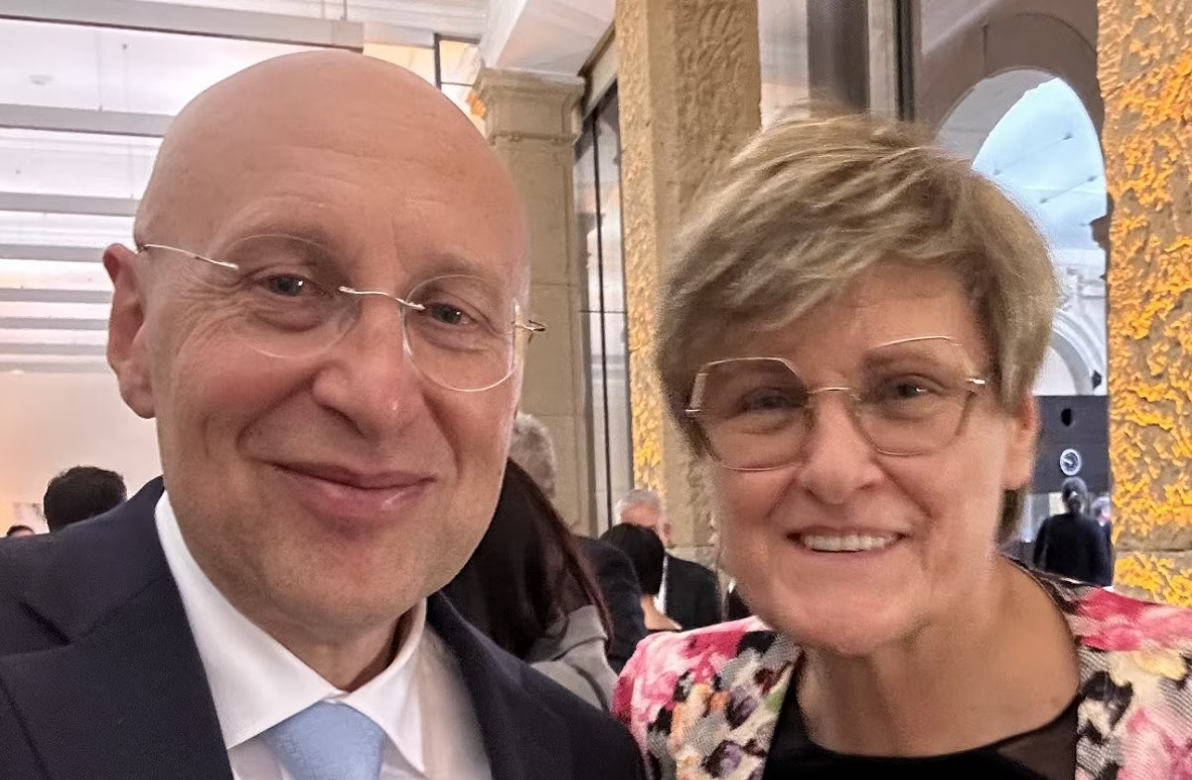The 2023 Nobel Prize in Medicine
Introduction:
On October 2, 2023, the Nobel Assembly at Karolinska Instituted awarded the Nobel Prize in Physiology or Medicine jointly to Katalin Karikó and Drew Weissman for their ground-breaking discoveries concerning nucleoside base modifications that enabled the development of effective mRNA vaccines against COVID-19. This is a historic moment for the scientific community, as mRNA technology has significantly altered the path of the pandemic and saved millions of lives. In this blog post, we will discuss the significance of this award, the contributions of Karikó and Weissman, and the impact of mRNA vaccines on the world.
The significance of the Nobel Prize in Medicine 2023:
The Nobel Prize in Medicine is one of the most prestigious awards in the field of medicine and physiology. It is awarded annually to individuals or groups of individuals who have made significant contributions to the advancement of medical science. The award recognizes the importance of scientific research in improving human health and well-being. The 2023 Nobel Prize in Medicine is particularly significant because it recognizes the groundbreaking work of Karikó and Weissman, whose discoveries have led to the development of effective mRNA vaccines against COVID-19.
The contributions of Katalin Karikó and Drew Weissman
Katalin Karikó and Drew Weissman are two scientists who have made significant contributions to the field of mRNA technology. They first published their seminal work on mRNA vaccines in 2005 when they worked together at the University of Pennsylvania. Their research overcame major obstacles to the use of in-vitro mRNA technology, such as the inflammatory response by the body that involves the production of harmful cytokines. Karikó and Weissman’s work fundamentally changed our understanding of how mRNA interacts with the immune system and had a major impact on society during the recent pandemic.
Karikó and Weissman’s work on mRNA technology has led to the production of a highly effective vaccine against SARS-CoV-2, the COVID-causing virus, and particularly one that was highly flexible and adaptable for large-scale production. The mRNA technology has also shown promise as a treatment for cancers, including melanoma and pancreatic cancer. The mRNA vaccines have been graded as the most effective (approximately 94%) due to their strong immunogenicity and effective presentation of SARS‐CoV‐2 antigens to the immune system.
The impact of mRNA vaccines on the world
The mRNA vaccines developed by Moderna and Pfizer-BioNTech within a year after COVID-19 was recognized made use of the discovery of Karikó and Weissman. COVID-19 vaccines that rely on the technology have been administered more than 13 billion times and have saved millions of lives. The mRNA technology has also shown promise as a treatment for other infectious diseases, such as influenza and Zika virus. The mRNA technology has the potential to revolutionize the field of medicine and has opened up new avenues for the development of vaccines and therapies for a wide range of diseases.
Conclusion
The Nobel Prize in Medicine 2023 recognizes the ground breaking work of Katalin Karikó and Drew Weissman, whose discoveries have led to the development of effective mRNA vaccines against COVID-19. The mRNA technology has significantly altered the path of the pandemic and saved millions of lives. The mRNA technology has the potential to revolutionize the field of medicine and has opened up new avenues for the development of vaccines and therapies for a wide range of diseases.

